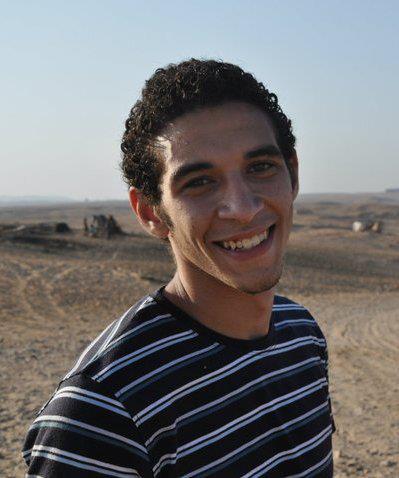1. Motherland is the highest value
The motherland makes you motivated to love it ever since you were born. When you do not feel strange inside it, the motherland becomes a universal energy. Citizens may differ in cultural, ethnic, and religious backgrounds; however, at the end, they all belong to one nation.
In Egypt, there are Sunni Muslims, Orthodox Christians, Protestants, Catholics, Baha’is, and a few Shiites. There are also some agnostics. And this should not in anyway affect the sense of belonging to Egypt. They all belong to Egypt. When national identity interferes with religious identity, minorities become vulnerable and mistreated, if not second-class citizens. This acquires a lot of awareness.
For example, the first non-Protestant president of the United States of America is John F. Kennedy (20 January 1961 until his assassination on 22 November 1963) and is the first Catholic president. Barrack Obama came in 2008 as the first African-American president of the United States. This demonstrates the change process at the popular and cultural levels. Nubar Pasha (1825-1899) is the first Christian Armenian prime minister in Egypt in the era of Muhammad Ali Pasha. Tasking him with this position was not driven by religious tolerance or the acceptance of others during those days, but rather by the presence of a strong and strict governor who is Muhammad Ali—who favoured success over anything else.
2. Non-exclusionary
The community based on the values of citizenship does not exclude its citizens, but, on the contrary, it increases the integration of all its members. A citizenship-based community does not tolerate the budding of isolated communities—there are no ghettos. A ghetto is defined as an aggregation of a group of citizens with the same faith and race to be isolated from the rest of society. There are factors that affect the creation of “ghettos”.
First factor: executive and legislative bodies
In my opinion, this is the most important factor, and it includes executive and legislative authorities. Both the executive and the legislative apparatuses must help in the integration of all elements of society. They should not also allow the creation of any type of ghetto, as those appear only when the state cannot carry out its duties, as a result of citizens not feeling equal before the law. There must be legislation and legislators who support and increase the values of citizenship.
Successive governments in Egypt contributed in the creation of those closed societies, as they did not provide services that accommodates everyone. We grew up not knowing much about each other. Collectively, this contributed greatly to the formation of myths about different groups, leading to misunderstanding, misappreciation, and devaluation of the value of the differences. Nevertheless, traditional Egyptian educational curricula still do not stimulate any kind of thinking and do not welcome the flood of diversity that can bring us out of darkness.
In Egypt, there are many ghetto formations. The Christian community is still not sufficiently integrated. If we look at the Shiites in Egypt and the Baha’is, we will find that they are worse off than the rest of the minorities.
Second factor: the majority
The majority must be aware that they are one of the most important sources of integration, and they must work hard to help minorities become part of the integrated system of the society.
Third factor: the minorities
Minorities must work together in all ways possible. They must contribute to all walks of life and call for integration through work and dedication and not through weeping and howling. Christians abated in churches for too long. They demanded their rights in confined sessions. Sometimes only with their Muslim friends in cafes. They only started working hard after the bombing of the Church of the Saints on 31 December 2010. Voices echoed on the streets. The quiet whispers tuned up. It was no longer a matter of of Christians’ problem. When Egyptian society reaches a stage in which citizens defend each others’ rights, regardless of differences of creed, race, or sect, a very important social cohesion is then created. And, thus, the cause of any minority becomes, essentially, a national issue. An issue that is related with absolute justice—an attribute of God.
Sherif Rizk
International Relations Researcher




